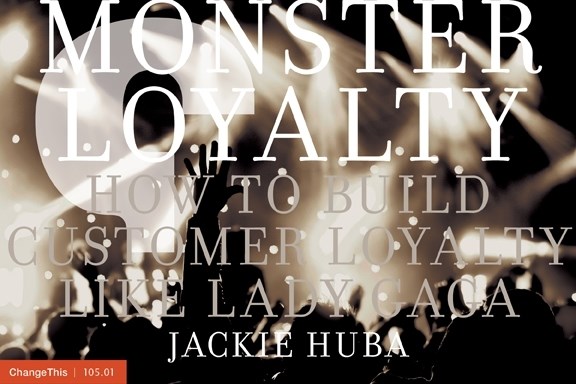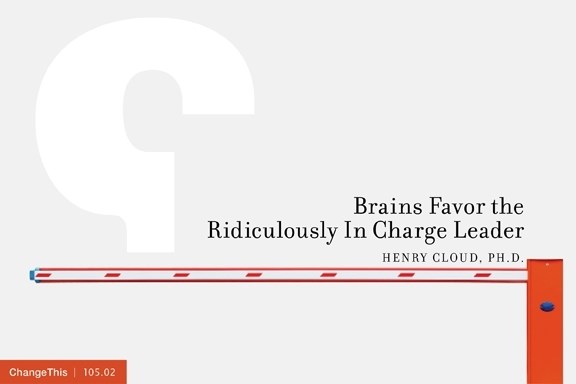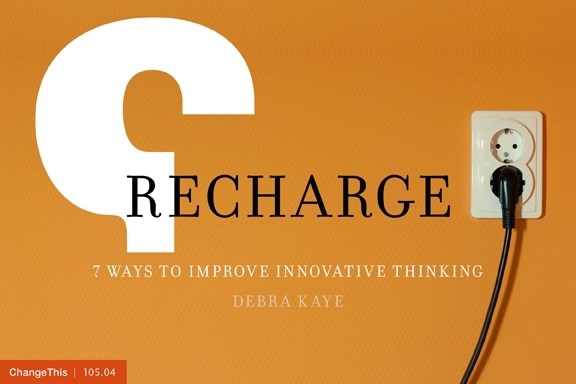ChangeThis RSS
"Where other businesses don't seem to have their priorities straight, pop star Lady Gaga understands that focusing on current customers is the key to building long-term, sustainable audience loyalty. With 23 million albums sold, five Grammy awards and Forbes' distinction as one of the world's most powerful celebrities, Gaga is one of the most well-known pop artists in the world. While known as much for her voice as for her over-the-top wardrobe, few recognize Gaga for her stunning business acumen, which has earned her legions of loyal fans worldwide.
Lady Gaga didn't become the success she is today based solely on her talent. She did so by engendering immense loyalty from her fans—not just through her music—but also through her message and the community she has built around that message. Gaga's overarching philosophy focuses on her core advocates: the superfans called Little Monsters. These advocates become evangelists who bring in new customers on their own."
Continue reading
"I believe that among all of the things that a leader does, one of the most important ones is to set "boundaries." Basically, a "boundary" is a property line. It defines what will exist on a property and what will not. The property line around your home is like that....it defines where your property begins and ends, and you are in charge of exactly what will happen on that property. And, to our point here, within your business or organization.
Leaders must establish some key boundaries in some very key areas if they want to get results. And, thanks to brain research, we now can scientifically get a peek into why the leaders who do establish these kinds of boundaries get the results that they get."
Continue reading
"Waiting for a mentor to appear like a deus ex machina is a loser's game. Some people luck out, but most don't. This manifesto is about how to make your own luck—how to proactively identify the people you want in your life as mentors, cultivate real relationships, and look beyond the obvious. (Some of the most powerful lessons come from the least likely people.)"
Continue reading
"If companies want to innovate the way successful bold newcomers have, they have to unplug from the constraints of 'That's the way we've always done it' and recharge, starting with the mantra, 'Let's just not do that anymore.' They need to be willing to take market risks that more traditional companies are often unwilling or unable to take. Consider that Apple doesn't have a formal innovation 'funnel' process with established procedures, nor do Amazon or Facebook.
In this volatile world the old model of process innovation needs a new framework. It isn't in sync with the way our minds work, which brain research tells us is more serendipitous than linear. Innovation just doesn't lend itself to being predictable and risk free. Innovation demands looking at the world differently, and finding connections between seemingly disconnected things. Corporate protocol, management hierarchies, and rigid assumptions about customer needs often create anxiety and stifle freedom of thought and exploration."
Continue reading
"Living in the digital media environment changes a whole lot more than the technologies through which we do business. It has changed our relationship to time—and this is having profound effects on our businesses, our economy, and our customers."
Continue reading










